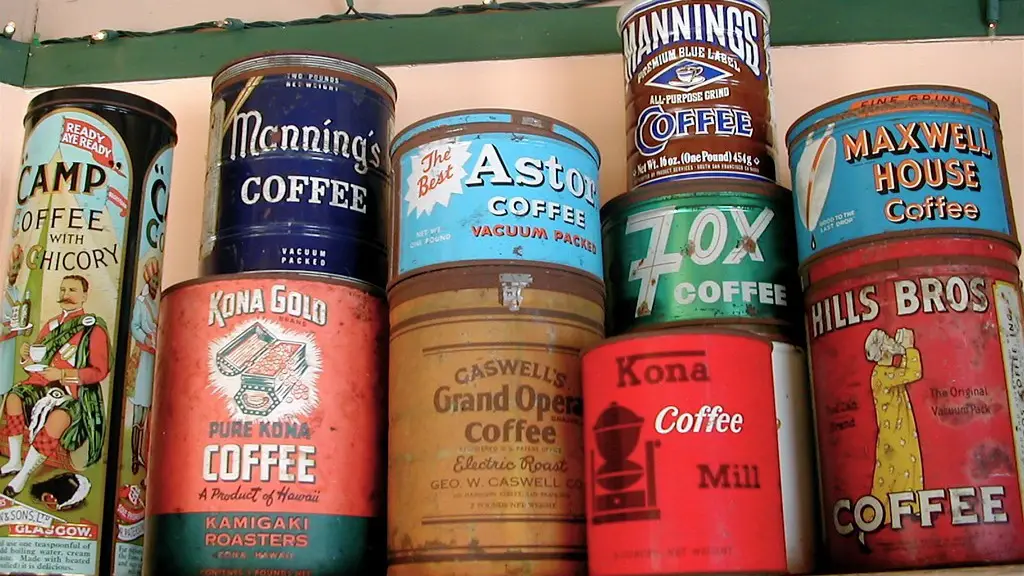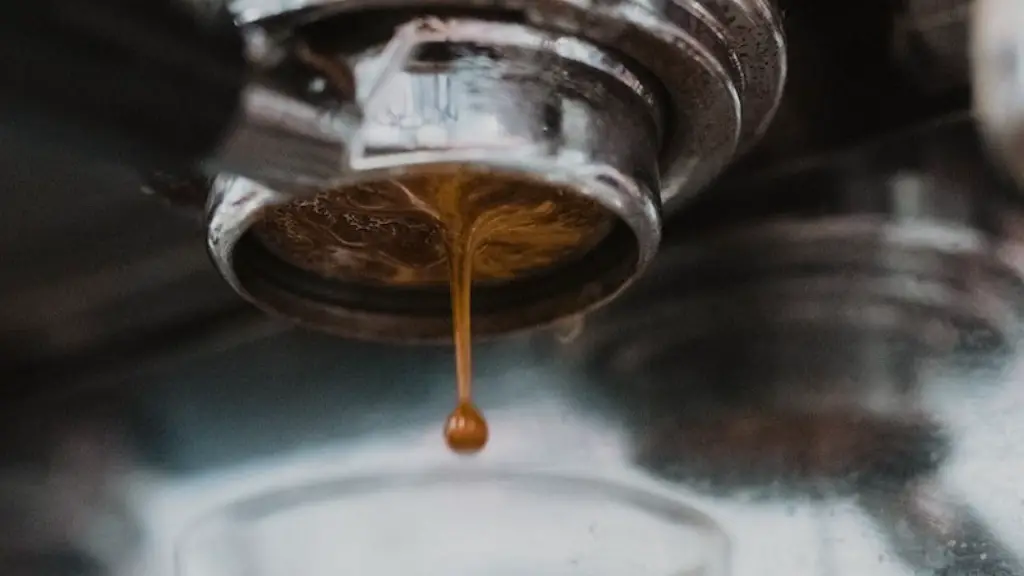Caffeine vs Metoprolol
Decaffeinated coffee has become a popular beverage for those wishing to enjoy the taste without too much caffeine. However, when ingested in combination with metoprolol, a common medication used to treat hypertension, it is important to know what potential risks may arise.
Metoprolol is classified as a beta-blocker, meaning that it blocks certain physiological responses that cause the heart to beat faster. Furthermore, the caffeine in coffee can have a similar effect, raising the heart rate and increasing blood pressure. Therefore, the combination of metoprolol and caffeinated coffee can result in dangerous adverse reactions, leading to further medical complications.
In contrast, decaffeinated coffee is believed to have fewer drug interactions and side effects when taking metoprolol due to its lower levels of caffeine. According to a published study by the American Journal of Medicine, decaffeinated coffee instead causes “no statistically significant change in blood pressure or heart rate” when taken with the medication. This suggests that those who take metoprolol can safely drink decaffeinated coffee without facing any serious risks.
Decaffeinated coffee is also thought to still possess some of the health benefits that regular coffee affords. In the same study, it was found that decaffeinated coffee can still contain antioxidants, polyphenols and certain healthy minerals such as magnesium, selenium and potassium. Additionally, research by the National Institutes of Health also states that decaffeinated coffee may still have potential anticarcinogenic (cancer-fighting) properties.
Pros and Cons of Decaf Coffee
Nevertheless, there are still potential risks associated with drinking large amounts of decaffeinated coffee while taking metoprolol, and these should be understood. While moderate consumption will likely not cause any serious interactions, those who are particularly sensitive to caffeine should always be wary.
Drinking decaf coffee can also potentially increase the levels of calcium and cholesterol within the body, although this is still largely uncertain; research on this point is still inconclusive. Therefore, it is important to take this into consideration before drinking a large quantity of decaffeinated coffee.
In addition, those who are taking metoprolol should also be aware of the potential for rebound hypertension when drinking decaf coffee. Although studies are limited on this matter, some people may experience a “coffee rebound”, whereby their blood pressure rises as a result of drinking even a small quantity of decaffeinated coffee. This means that it might be best to consult with one’s physician before making any changes to one’s diet.
Other Considerations
Furthermore, it is important to be conscious of the other ingredients included in a beverage such as decaffeinated coffee, as these can contain added ingredients that may complicate any interactions with metoprolol. Milk, cream, sugar, artificial sweeteners and other fillers may all have potential side effects and should always be taken into consideration.
It is also worth noting that decaffeinated coffee is not always 100% free of caffeine. As a result, although decaffeinated coffee is less likely to cause any adverse interactions when taken with metoprolol, it is always best to check with a trusted source and consult one’s doctor before making any changes to one’s diet.
Ingredients and Monitoring
Finally, those who are taking both decaffeinated coffee and metoprolol should be aware of the risk of interacting ingredients. Certain medications may increase the effectiveness of metoprolol and this can lead to adverse effects when mixed with caffeine.
Ultimately, it is always best to consult with one’s physician before making any changes to one’s diet. This includes changes to the type of coffee one drinks, and any changes should be done gradually and with careful monitoring in order to minimize potential interactions with metoprolol.
Coffee Alternatives
Those looking to completely avoid caffeine altogether can opt for caffeine-free alternatives such as herbal teas, fruit juices, and decaffeinated sodas, many of which are free of drug interactions with metoprolol.
In addition, there are foods that may also contain caffeine, such as chocolate and some types of ice cream; as such, it is always best to consume such items in moderation if taking metoprolol. In this case, it may be best to speak to a doctor in order to determine which foods are safe to consume while on metoprolol.
Nutritional Support When Taking Metoprolol
It is also important to maintain a balanced diet when taking metoprolol or any other medication. Eating foods rich in vitamins and minerals can help the body to process medication more efficiently, and this can further reduce the risk of interactions when taking other substances such as caffeine.
For instance, increasing one’s intake of magnesium-rich foods such as nuts, legumes and dark leafy greens can help to increase the effectiveness of metoprolol. Moreover, eating a diet rich in fiber from whole grains, fruits and vegetables can help to reduce the risk of interactions with other substances, while also providing essential carbohydrates and proteins.
Conclusion
To sum up, although decaffeinated coffee may have fewer drug interactions than regular coffee when taken with metoprolol, it is always best to consult with one’s doctor before making any changes to one’s diet. In addition, certain foods may also interact with metoprolol, so it is important to be mindful of this when making dietary choices. Eating a healthy and balanced diet can also help to reduce potential side effects and interactions. By being aware of the potential risks and taking the proper precautions, those taking metoprolol can enjoy a cup of decaffeinated coffee without any serious complications.



